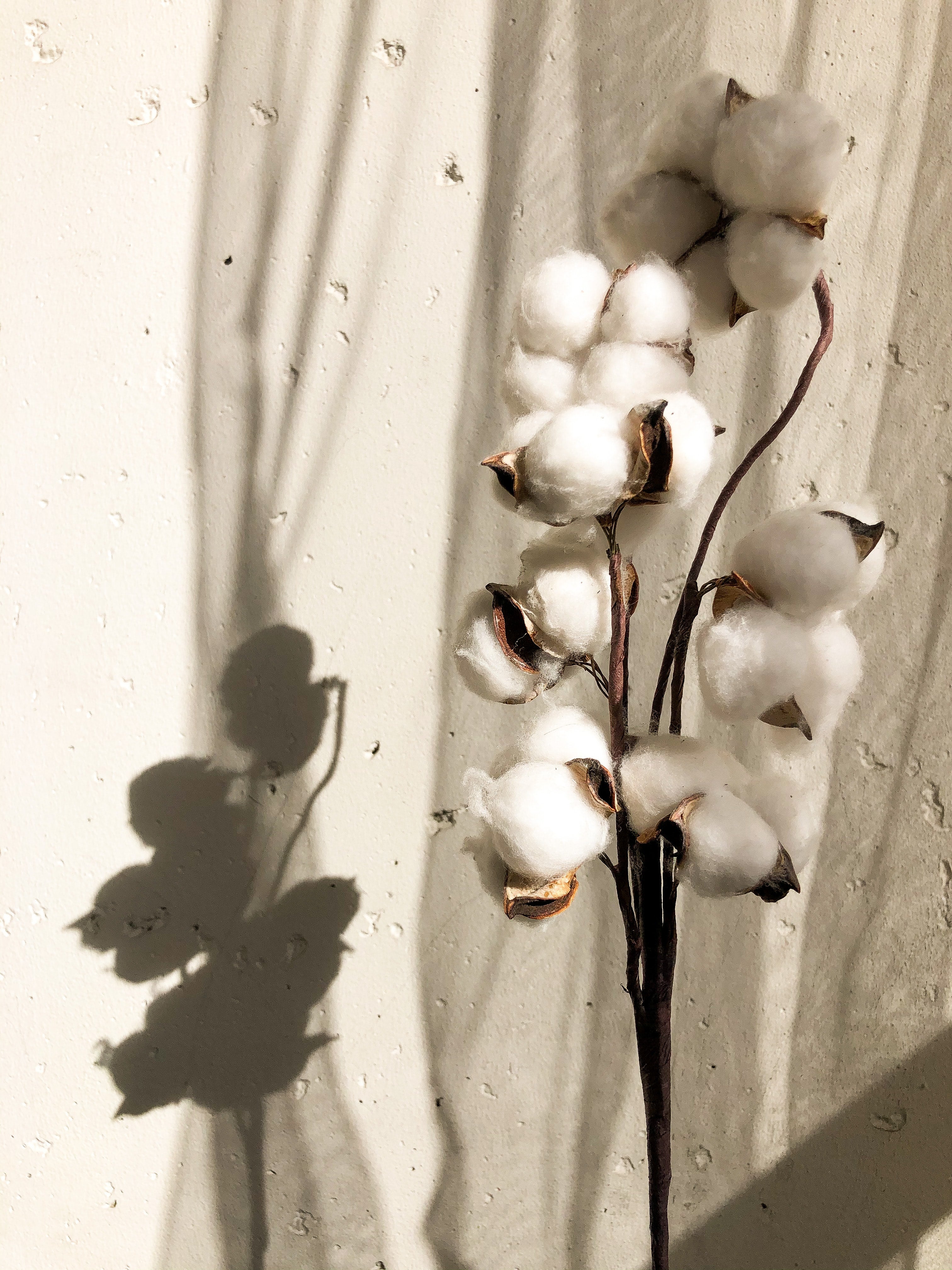May, 2023
Organic cotton versus conventional cotton. WHAT ARE THE BENEFITS
Organic cotton is gaining popularity in the sustainable fashion industry. Concerns regarding the ecological and social impact of the textile industry are growing. Therefore, many people are choosing organic cotton as an alternative to conventional cotton. Organic cotton offers numerous benefits, both for the health of our planet, for the people who grow it and those who wear it. In this article, we are looking at why organic cotton would be better in comparison to conventional cotton.
What is biological cotton?
Biological cotton (often called organic cotton) is used as an alternative to conventional cotton (regular cotton). It is cultivated using materials and methods that have a lower impact on the environment. For example, organic cotton is produced without the use of synthetic pesticides and fertilisers, as these are harmful to the environment and human health. Instead, organic farmers use natural methods to control pests and fertilise the soil. Organic cotton is grown with non-GMO seeds, without genetic modification.

WHY IS ORGANIC COTTON BETTER THAN CONVENTIONAL COTTON?
ORGANIC COTTON IS BETTER FOR THE ENVIRONMENT
One of the main advantages of organic cotton is that it is more environmentally friendly than conventional cotton. As we mentioned above, organic cotton is grown without the use of pesticides, insecticides or fertilizers, which keeps the soil healthier and fewer chemicals end up in the environment. Organic cotton, on the other hand, is grown using natural methods, which have minimal impact on the environment.
Organic cotton is healthier for farmers
Another advantage of organic cotton is the fact that it is healthier for the farmers who grow it. Traditional cotton farming involves the use of large quantities of insecticides and pesticides. These chemicals are not only harmful to the environment, but also pose a serious health risk to the farmers and their families. On the other hand, when growing organic cotton, farmers are not exposed to these harmful chemicals, making it a safer and healthier alternative.
Organic cotton is better for water conservation
Cotton needs large amounts of water to grow. Traditional cotton often involves irrigation, which can lead to depletion of water resources. Organic cotton farming uses as much rainwater as possible, making it a more sustainable option.
Organic cotton is gentler on the skin
Organic cotton is not just better for the environment and the health of farmers and workers, but it also offers advantages for consumers. It is hypoallergenic and less likely to cause allergic reactions or skin irritation.
Conclusion
Organic cotton is a more sustainable option than conventional cotton. It is better for the environment, the health of farmers and their families, soil, water conservation and biodiversity. By choosing organic cotton, Mana loa contributes to a more sustainable and ethical fashion industry which is better for people and planet.


